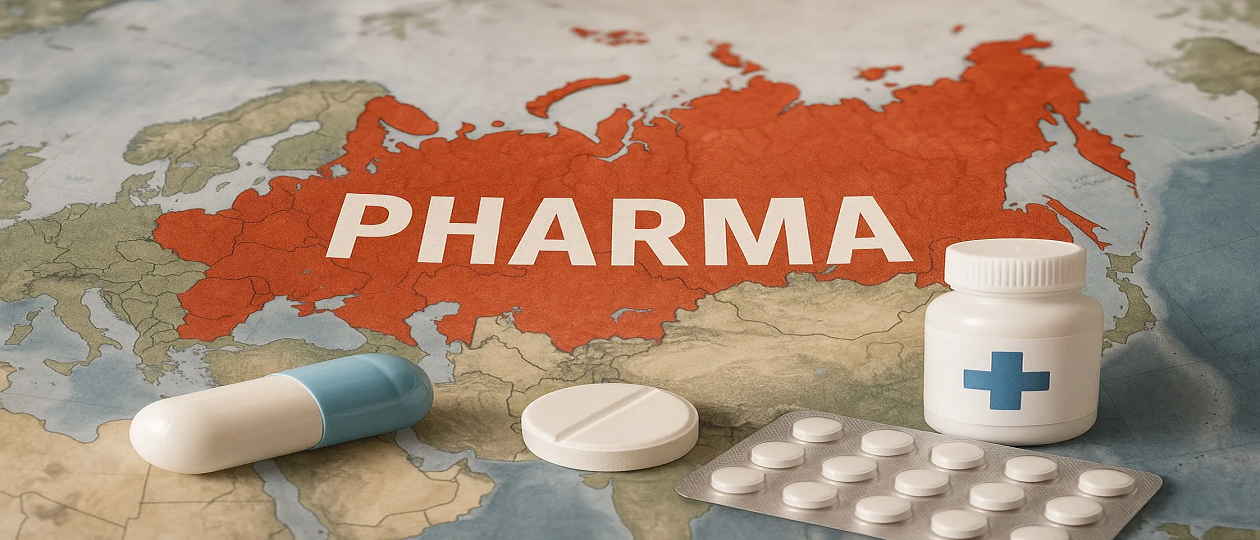
Recently, the media reported on the creation of three domestic analogues of the drug “Ozempic” (used to treat diabetes and obesity) by Russian manufacturers, which was previously supplied by foreign companies that have left Russia.
The head of Roszdravnadzor, Samoilova, has already reported to Prime Minister Mishustin that the country is currently equipped with its own drugs in this area.
I wonder if the meeting with Mishustin raised any issues related to the difficulties faced by domestic pharmaceutical manufacturers today. Or, given that the domestic pharmaceutical industry is among the leaders in real, rather than artificial, import substitution (which is encouraging), did they only report on the industry’s successes?
According to experts in the industry, there are indeed some challenges. Firstly, unlike other sectors, a significant number of Western suppliers have not left the country. This is understandable: according to experts, the Russian pharmaceutical market is estimated to be around 3 trillion rubles in retail prices. This requires special government support measures, as the risks of excessive dependence on foreign drugs need to be reduced in one way or another. By a significant margin.
Secondly, domestic pharmaceutical companies face the challenge of higher production costs compared to their Chinese and Indian counterparts, and sometimes they struggle to compete with drugs that are imported through gray schemes, despite the complex logistics involved.
It turns out that on the one hand, the Government’s socio-economic block, through support measures (for example, starting from January 2025, the purchase of foreign drugs in the hospital sector is prohibited, and the state program Pharma-2030 is in place), helps the domestic manufacturer, but on the other hand, by allowing natural monopolies to constantly raise tariffs and not countering the banking extravaganza (starting with the Central Bank) with lending rates, it undermines all the efforts of our producers.
Thirdly, the difficulties of import substitution are related to the need to create Russian pharmaceutical substances and reduce dependence on imports. According to the assessment of the Chairman of the Board of the Association of Pharmaceutical Manufacturers of the Eurasian Economic Union (AFPEAEU) Kedrin, only 20% of Russian pharmaceutical substances are currently being used (as of 2025), while the remaining 80% are imported.
This requires structural changes and approaches from the government itself. Agree, to go to maximum import substitution and set a big goal of economic sovereignty and technological leadership, when in the Government of ALL domestic industry is engaged in ONE Ministry – Minpromtorg – on whom also hangs trade …
For comparison, in the USSR during the Stalin period of development (up to 15% of industrial production per year) in even more difficult conditions of Western sanctions only under 2 dozen ministries in the field of mechanical engineering worked. With their research institutes and scientific schools, resource bases, and subordinate institutions that solved applied problems, including direct communication with industry enterprises.
Today, without returning to the industry ministries, it seems that we may be stuck in place for a long time. Their creation will help to restore the personal responsibility of managers for achieving specific results in natural rather than monetary terms.





